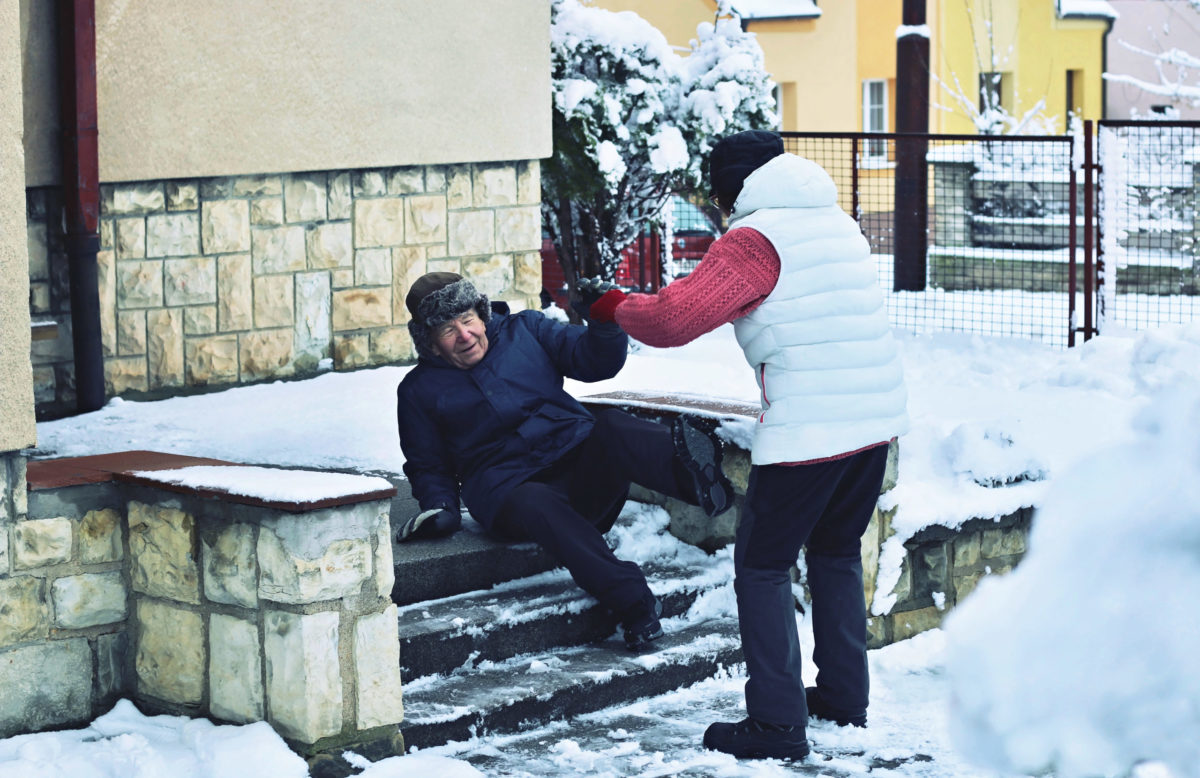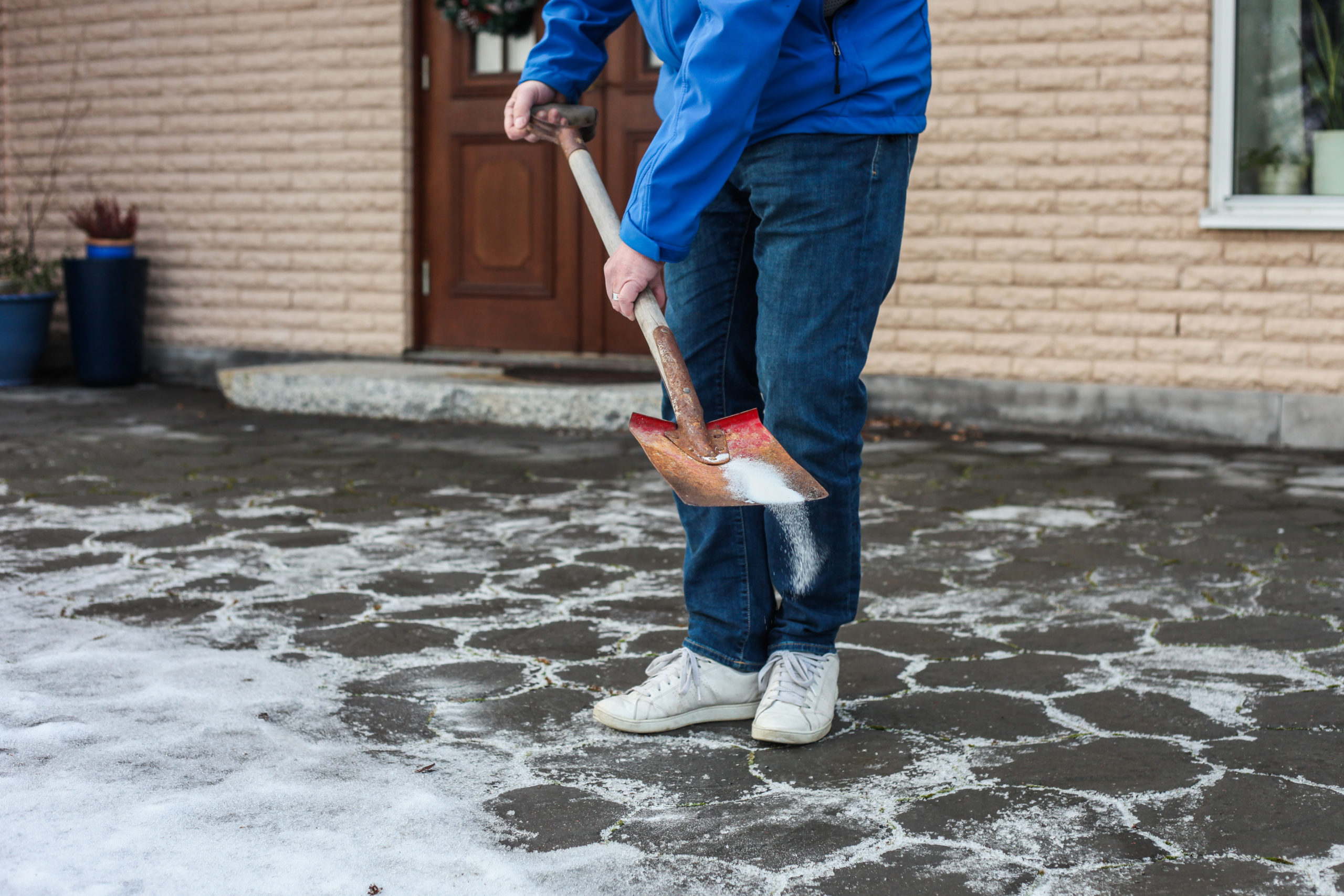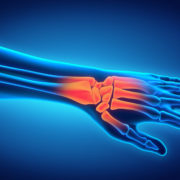
Did you know that one out of every four mature adults in the U.S. aged 65 and older falls each year? In fact, according to the National Council on Aging (NCOA), falls are the leading cause of fatal injury and the most common nonfatal trauma-related injury seen in hospitals among older populations across the nation. The winter, in particular, is a vulnerable season for older adults for falls. With inclement weather comes ice, snow, and slick surfaces that increase the chance of a slip and fall.
Winter safety tips for older adults can help prevent falls that lead to dangerous injuries such as wrist, ankle, and hip fractures. In an effort to keep you and your loved ones safe this season, EmergeOrtho—Triangle Region offers comprehensive safety tips to help prevent winter falls.
What Type of Falling Injuries Are Most Common During the Winter Months?
According to the Centers for Disease Control and Prevention (CDC), one out of five falls results in a serious injury. Elderly people are more susceptible to falls for several reasons. Because the aging process can diminish muscle strength, impair vision, and affect balance, older adults are at higher risk of falling. Add winter weather like snow and sleet, combined with cold temperatures to these factors, and getting around safely becomes a true concern.

When an elderly person falls, they could experience injuries such as:
- Broken wrist or arm
- Broken ankle
- Hip fractures
- Rotator Cuff Tears
- Knee Fractures
It is important to note that once a person experiences a fall, the likelihood of falling again increases. Because elderly people may be seriously injured from a fall, they may become fearful, limiting their activity. Inactivity only further weakens the muscles—thereby increasing their risk of falling again.
Slips, Trips, And Falls Prevention in Winter
To help prevent a dangerous fall this winter, try implementing the following strategies:
- Get and Remain Active
It is important to remain active, routinely practicing special strengthening and balance exercises—especially those that help make your legs stronger. Try Yoga and Tai Chi to improve balance. - Have Your Vision Checked
Consult with an optometrist at least once a year to make sure you have the correct prescription eyeglasses. Not many people realize that impaired vision more than doubles a person’s risk of falling. - Proceed with Caution
Be sure to “test” the ground before stepping out of the house, car, or any outdoor space. It can be difficult to see icy spots on the ground. - Winterize Walkways
If you are unable to clear snow and ice from a walkway, do not be afraid to ask for help or consider hiring someone to do it for you. Spreading kitty litter or sand in walking areas can also help provide better traction for walking. - Watch for Slippery Indoor Floors
Naturally, people track rain, snow, and sleet in with them from outside. And, once indoor temperatures melt snow and ice, it can make for a slippery floor. - Go Slow
If you find that you are in a hurry, try to make a conscious effort to slow down. Being in a rush only exacerbates your chance of falling, especially if there is snow and/or ice present. - Evaluate Your Wardrobe
Believe it or not, wearing the wrong kind of clothing can up an opportunity of falling. While worn shoes with a lack of tread likely come to mind, a loose robe, long skirt, or another trailing piece of fabric can easily serve as a tripping hazard. Wear warm clothing, including gloves and shoes with skid soles whenever going outside. - Take Your Phone
Be sure to have your cell phone with you to contact someone you know or call 911 in the event that you do fall and need assistance. - Talk with Your Doctor
Do not be afraid to be open with your doctor about any fears you have concerning falling. It is also helpful to discuss any problems you have with medications that make you sleepy, dizzy, or affect your balance. You may also want to ask your physician about taking Vitamin D and calcium supplements to help reinforce your bone health.
For more ways to keep you and your loved ones safe from winter falls, schedule an appointment with one of our highly qualified EmergeOrtho–Triangle Region doctors. Or, call us any time at (919) 220-5255.







